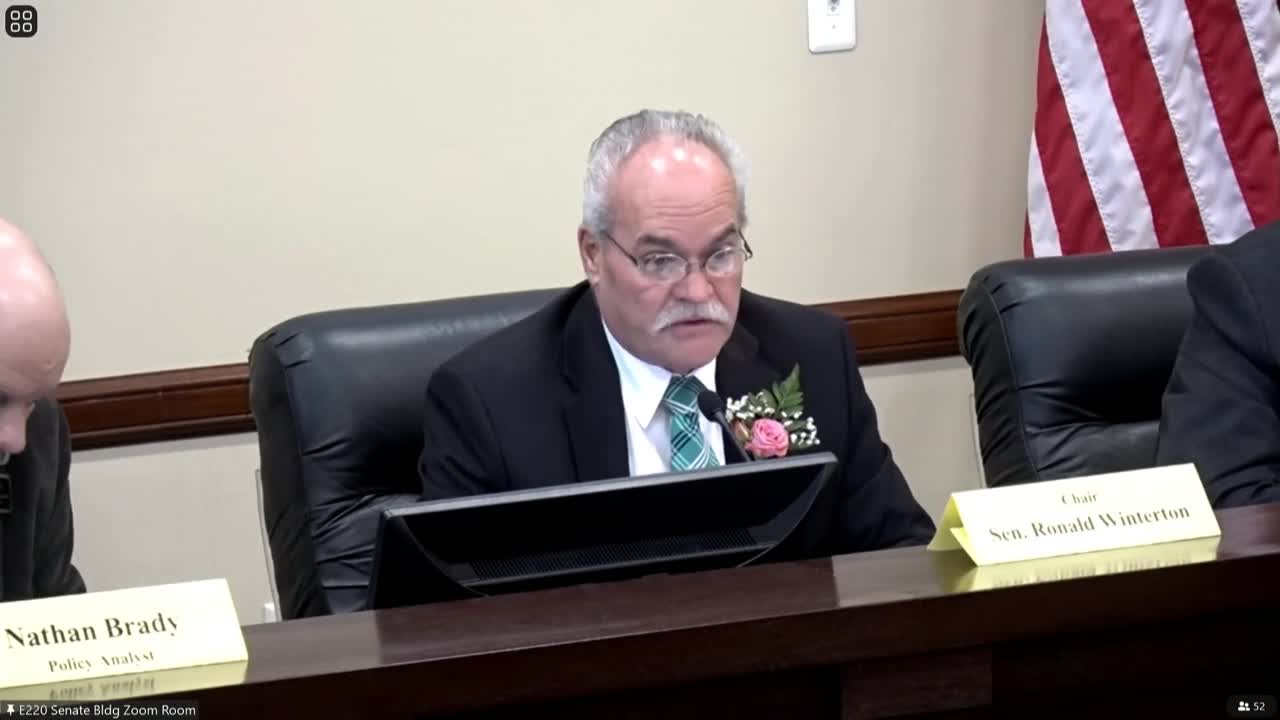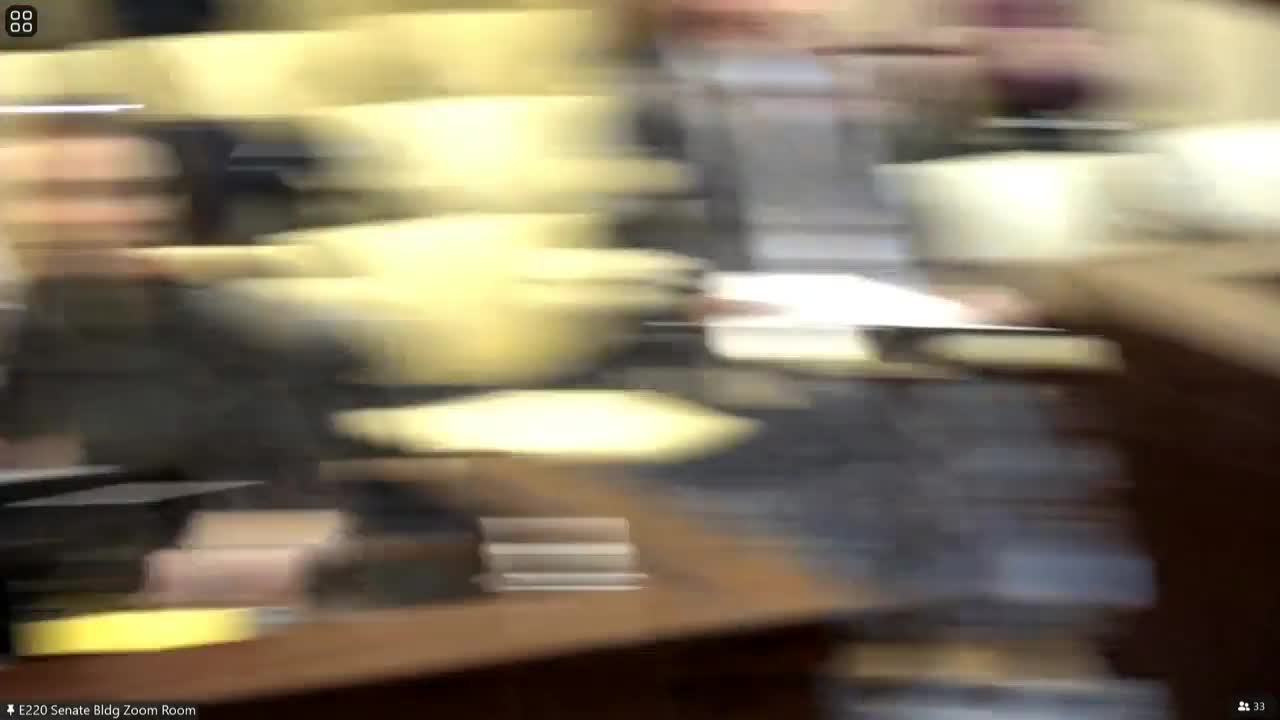Article not found
This article is no longer available. But don't worry—we've gathered other articles that discuss the same topic.

Senate committee advances GRAMA overhaul after hours of testimony and public opposition

Committee sends four bills to the Senate floor: veterans housing, disaster fund revisions, financial disclosures and glass recycling

